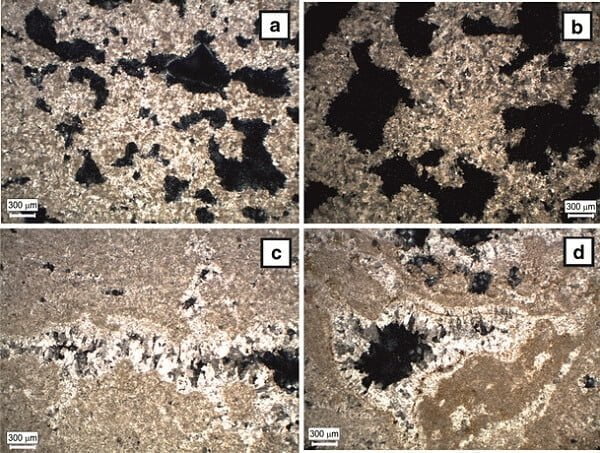No products in the cart.
Travertine natural stone analysis based on porosity, weight, abrasion resistance, pushing resistance, and water absorption is critical in selecting the right travertine for various construction or design purposes. In addition, travertine is a type of natural stone that is often used in construction and design applications such as flooring, countertops, and wall cladding.
Porosity
Porosity is a crucial factor to consider when analyzing travertine. Furthermore, travertine is a relatively porous natural stone, which means that it can be more susceptible to damage from moisture and staining. However, travertine with lower porosity can be more durable and resistant to weathering and staining.
Weight
Weight is another important factor to consider in travertine natural stone analysis. Besides, travertine is typically lighter in weight compared to other natural stones, which can make it easier to install. Plus, this can also mean that it is less durable than heavier natural stones, so it may not be suitable for high-traffic areas.
Abrasion Resistance of Travertine
Travertine‘s abrasion resistance is another critical factor to consider when analyzing the natural stone. Abrasion resistance measures how well the travertine can withstand friction and wear over time. Indeed, travertine with high abrasion resistance is more durable and can resist wear and tear, making it ideal for flooring applications.
Pushing Resistance
Pushing resistance, also known as compressive strength, measures the travertine‘s ability to withstand pressure without breaking or cracking. And this is particularly important for travertine used in construction or architectural applications, such as load-bearing walls or columns. Further, travertine with high pushing resistance is more durable and can withstand heavy loads.
Water Absorption of Travertine
Water absorption is another important factor to consider in travertine natural stone analysis. Moreover, water absorption refers to the amount of water that the travertine can absorb, which can determine its durability and resistance to weathering. Additionally, travertine with high water absorption may be more susceptible to damage from freeze-thaw cycles or water damage.
Standard Stone Analysis Table:
Overall, travertine natural stone analysis based on porosity, weight, abrasion resistance, pushing resistance, and water absorption is critical in selecting the right travertine for specific applications. By understanding the physical properties of travertine, architects, designers, and builders can select the most appropriate travertine for their projects, ensuring that they are durable, long-lasting, and aesthetically pleasing.
In addition to its physical properties, travertine‘s color, pattern, and texture are also important considerations in selecting the right travertine for specific applications. Different types of travertine offer a wide range of colors and patterns, from classic beige and cream tones to bolder colors such as red, brown, and gold.
In summary, travertine natural stone analysis is an important step in selecting the right travertine for various construction or design purposes. Therefore, by considering factors such as porosity, weight, abrasion resistance, pushing resistance, and water absorption, architects, designers, and builders can choose the most appropriate travertine for their specific applications, ensuring that their projects are durable, long-lasting, and aesthetically pleasing.



